Germany, Feb 24, (V7N) – Friedrich Merz, a politician with no prior government role, is poised to take the helm in Germany as the country faces significant economic and diplomatic challenges. His conservative party emerged as the winner in Germany's national election on Sunday, surpassing their closest competitor, the far-right Alternative for Germany (AfD), and securing a mandate to form a coalition government.
Merz, 69, enjoyed a political comeback after being largely out of the limelight for years. Just seven years ago, he was considered a failed politician, having resigned himself to a career as a lobbyist and board member. However, his return to prominence in 2022 saw him take charge of the Christian Democrats, after his persistence won him the party leadership despite being rejected for the role multiple times.
Merz’s political approach has leaned rightward, breaking with the centrism of former Chancellor Angela Merkel, as he aims to address the growing influence of the far-right AfD, which secured around 20% of the vote in the most recent election. Merz has vowed to remove the need for such extremist parties in Germany's political landscape.
Despite this, Merz has faced criticism for his political maneuvers, particularly his support for a controversial migration policy that garnered AfD support. This raised questions about his willingness to cooperate with the far-right, a stance that undermines the political quarantine meant to keep them out of power.
Merz has expressed strong support for Ukraine in its war against Russia, advocating for more direct military aid, including advanced missiles that Germany has previously been reluctant to send. On fiscal matters, Merz’s policies remain somewhat unclear, but he has shown openness to reforming Germany's debt limits, which have hindered defense spending.
Merz’s political journey, particularly his transition from corporate boardrooms to a possible chancellorship, reflects his adaptability and focus on navigating Germany through an era of global tensions. However, Germany's complicated electoral system means that coalition talks could take months, and Merz may not enter office immediately.
As Merz prepares for leadership, European leaders and global figures are watching his moves closely, anticipating a shift from the indecisive government under Chancellor Olaf Scholz.
END/WD/SMA/



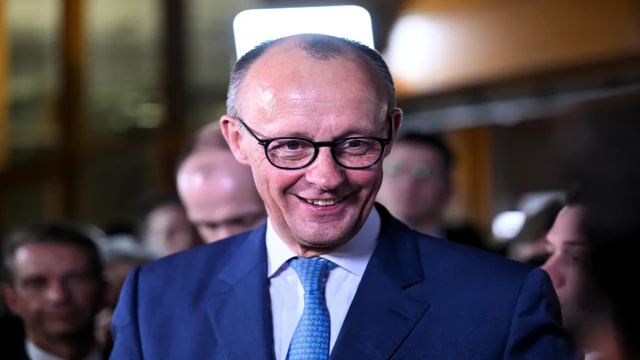

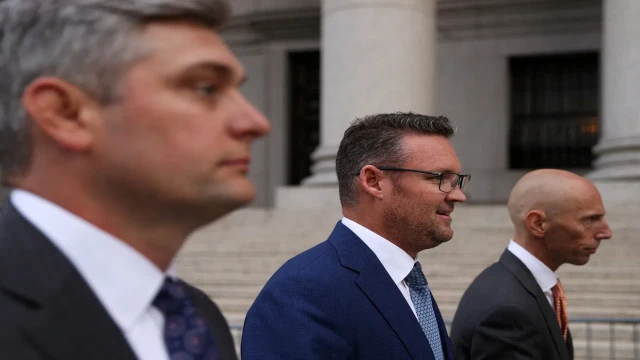
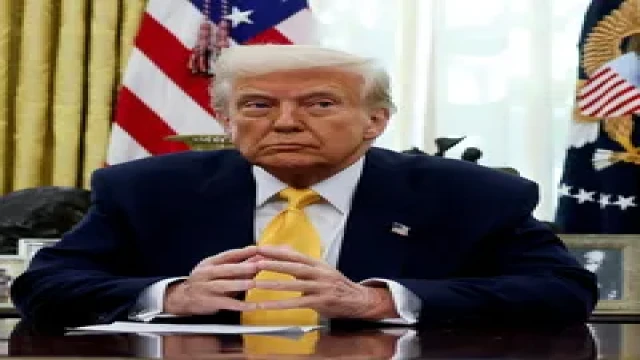

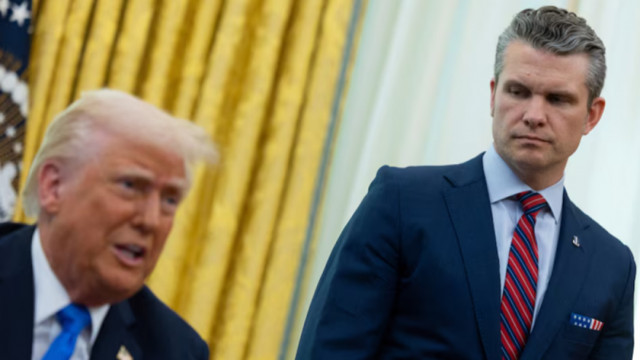















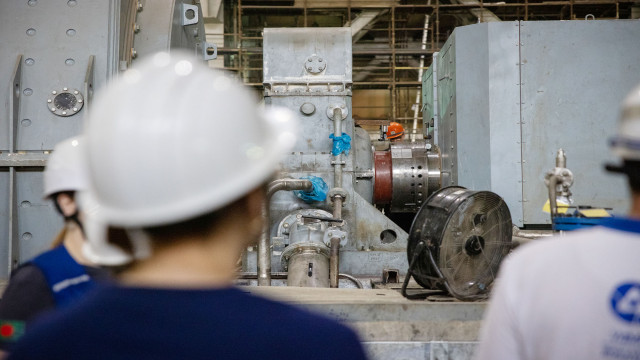

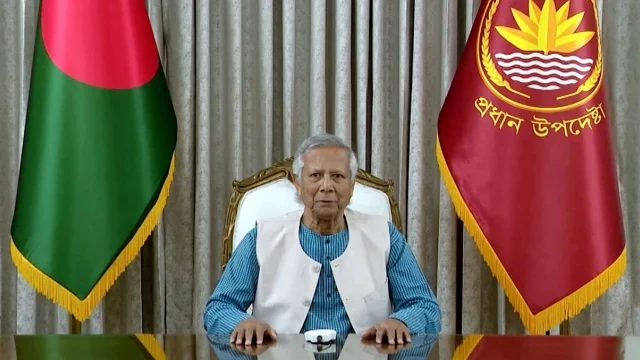




Comment: